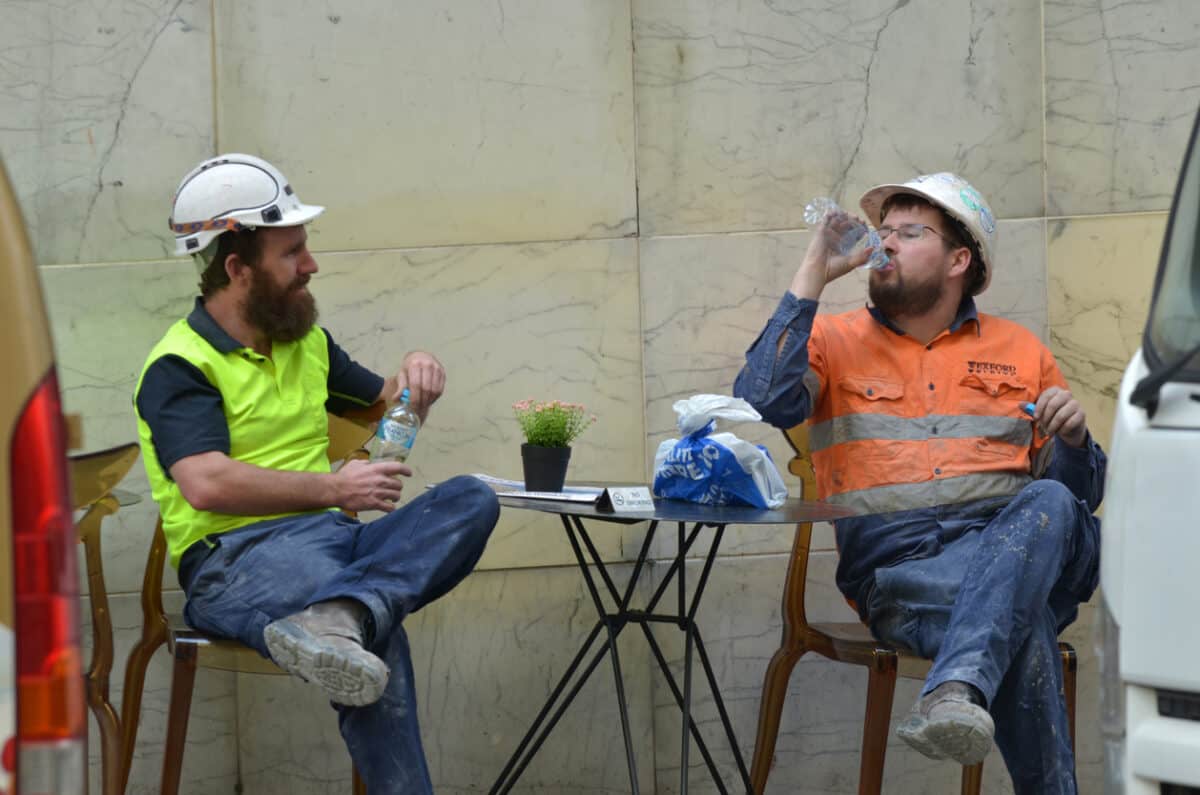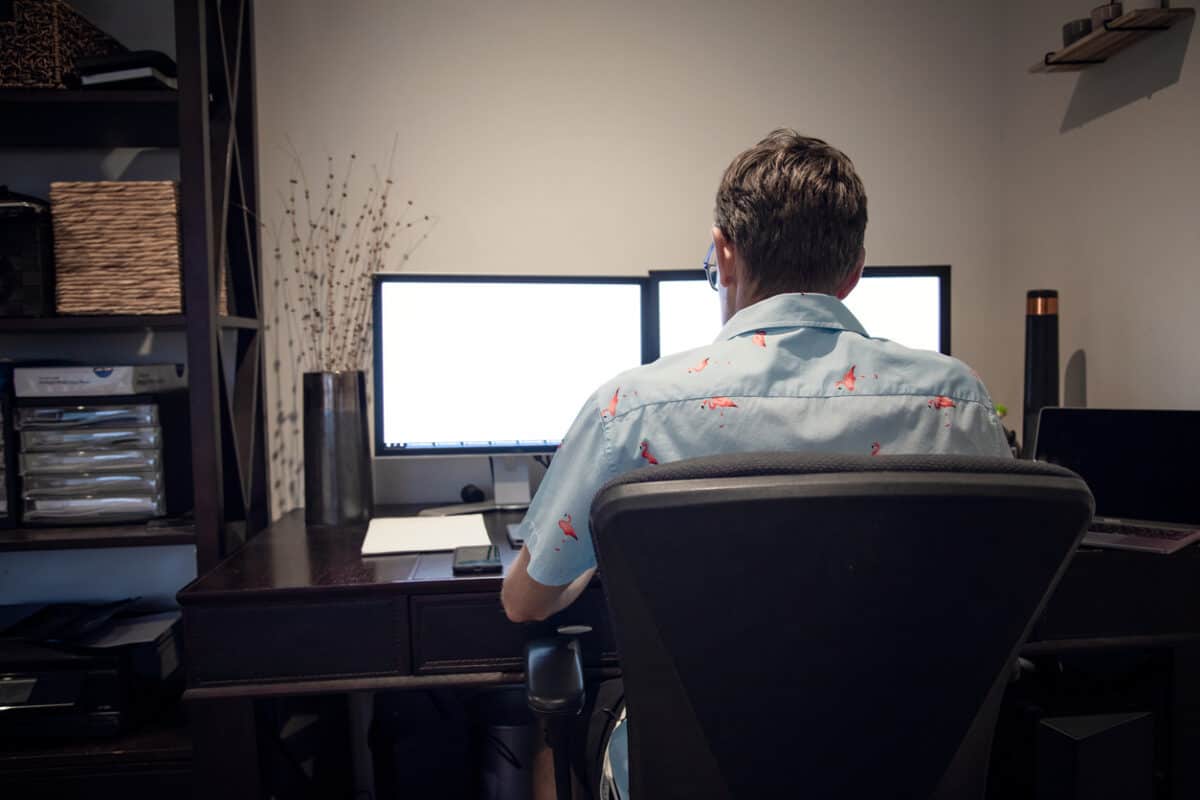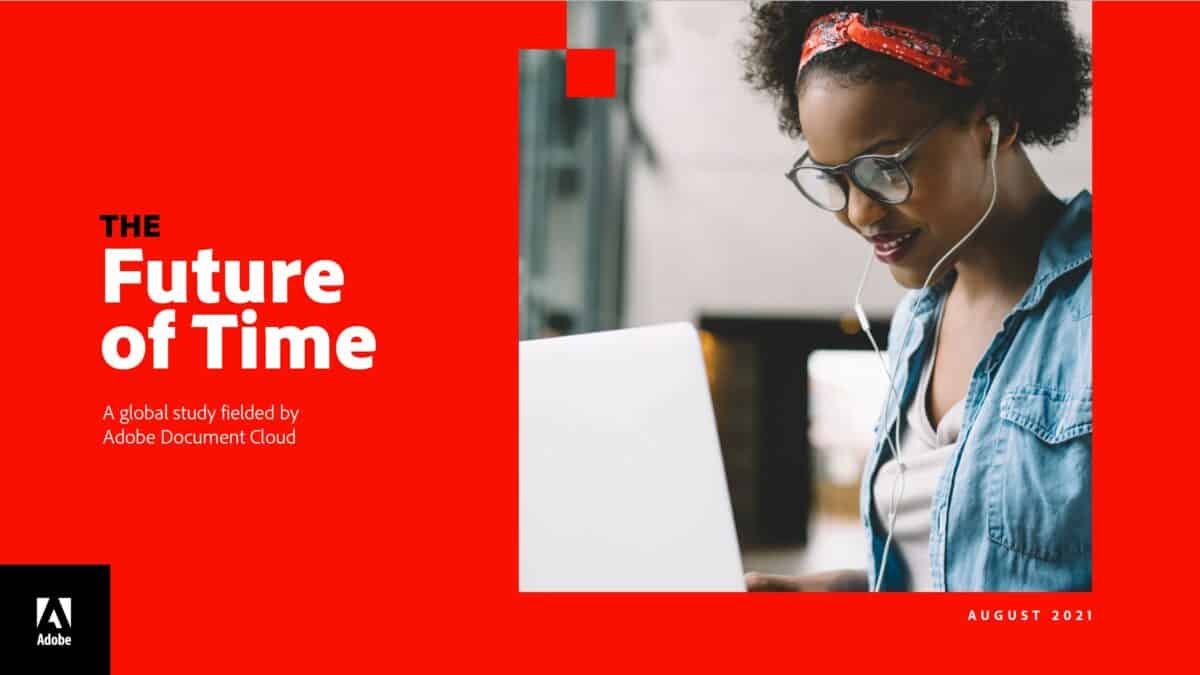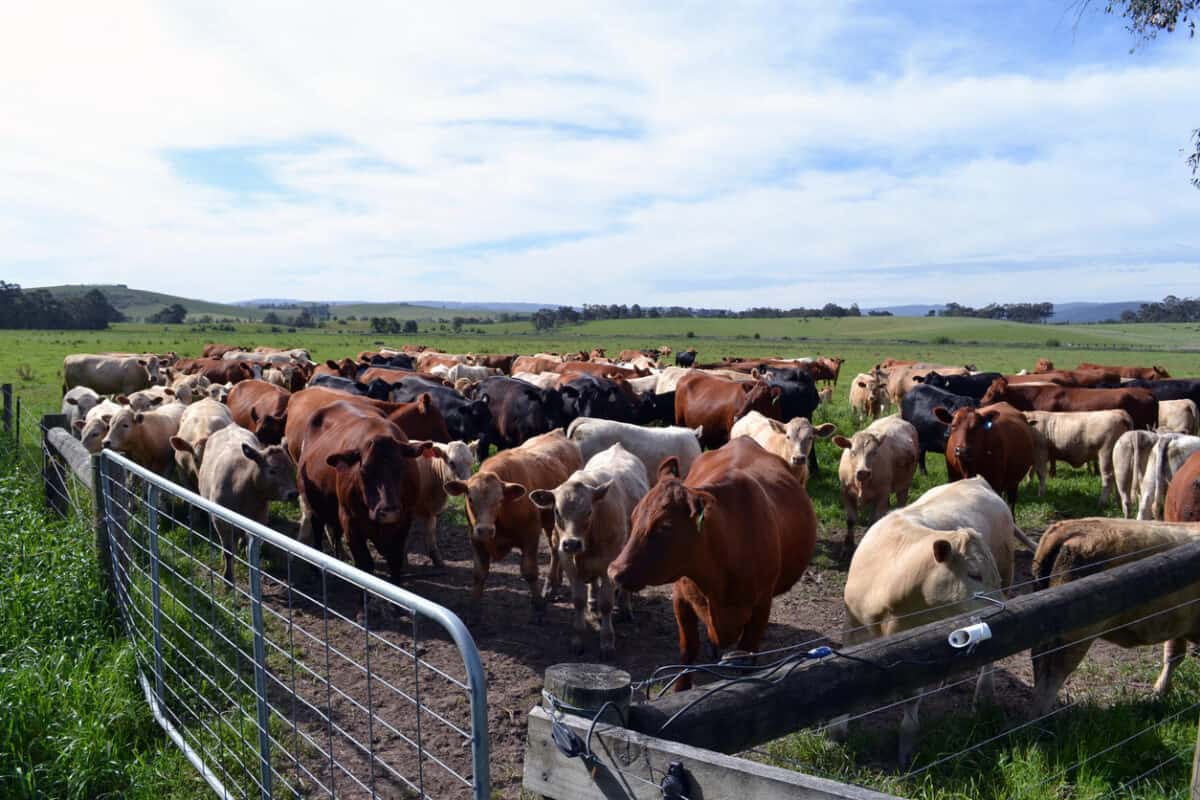An analysis of the safety culture in Australia’s construction industry was launched in October 2021 by a coalition of construction companies under the Construction Industry Culture Taskforce rubric. The Report proposes some interesting and significant changes including capping the working hours to no more than 50 hours and no weekend work. This suggestion is of enormous significance as it challenges the statements of many construction companies of worker safety being their highest priority.
Category: productivity
Economic analysis = A+. OHS analysis = C.
Research analyses of the economics of modern work methods are important evidence for government policymaking, but occupational health and safety (OHS) costs are often omitted or overlooked. The recent report by The Australian Institute and its Centre for Future Work called “Working From Home, or Living at Work?” appears to be another example.
Be careful of the Precautionary Principle
The Precautionary Principle has appeared regularly in SafetyAtWorkBlog articles. There is a new publication from the American Industrial Hygiene Association (AIHA) in which this principle is succinctly explained in relation to COVID-19 but equally applicable to decisions on occupational health and safety (OHS).
The new publication “The Role of the Industrial Hygienist in a Pandemic, 2nd edition” includes a chapter on the Precautionary Principle. It is the first section of that chapter that is most relevant. It says:
Job insecurity and OHS solutions
As well as featuring in a workplace psychology podcast Professor Tony LaMontagne spoke at the current Senate Select Committee on Job Security in Australia and made a submission that provides evidence of the connection between job insecurity and poor mental health. This strengthens the argument that the prevention of mental health at work (and maybe elsewhere) could be more sustainably achieved by structural and economic policies and practices outside of the direct control of employers.
LaMontagne’s submission (written with Dr Tania King and Ms Yamna Taouk) says:
“it’s much harder to fix work than it is to fix workers”
Recently in the International Journal of Epidemiology*, Professor Tony Lamontagne and his colleagues wrote that their Australian research:
“….. showed that improving job security is strongly associated with decreasing depression and anxiety symptoms.”
This is an example of the precise research statements that LaMontagne has made over several decades, which have been enormously helpful to those occupational health and safety (OHS) advocates and professionals who choose to use them.
Recently this clarity was on display for over 90 minutes in a podcast interview with LaMontagne. It should be obligatory listening for OHS people.
Revelations for wellness providers and workers
The Australian Financial Review (AFR) is Australia’s national newspaper on business issues. Recently its Editor Michael Stutchbury stated that he purposely focussed the newspaper on being business-friendly. This is understandable as businesses and employers, and entrepreneurs are the paper’s subscriber base and market, but sometimes articles can be too business friendly, and a recent article on burnout and the four-day-week may be an example. Thankfully the AFR article also included a brief mention of a more useful global survey about work in a time of pandemic.
The article, called “Pandemic burnout ignites argument for shorter workweek” (paywalled) included these quotes from a regular AFR contributor Reanna Browne on the possible mental health benefits of a four-day week:
“COVID has intensified these [mental health] issues and also given rise to new forms of workplace exhaustion such as wide-scale increases in working hours, alongside novel health challenges like digital load management and Zoom fatigue…”
More OHS information on Midfield Meats
Recently The Monthly magazine took a close look at the labour practices of Midfield Meats (paywalled), a major Warrnambool company and meat exporter that had been, yet again, successfully prosecuted by WorkSafe Victoria. There are workplace safety elements to The Monthly’s story that were not as prominent as other issues and there were some questions for companies and governments that have supported Midfield in the past.







